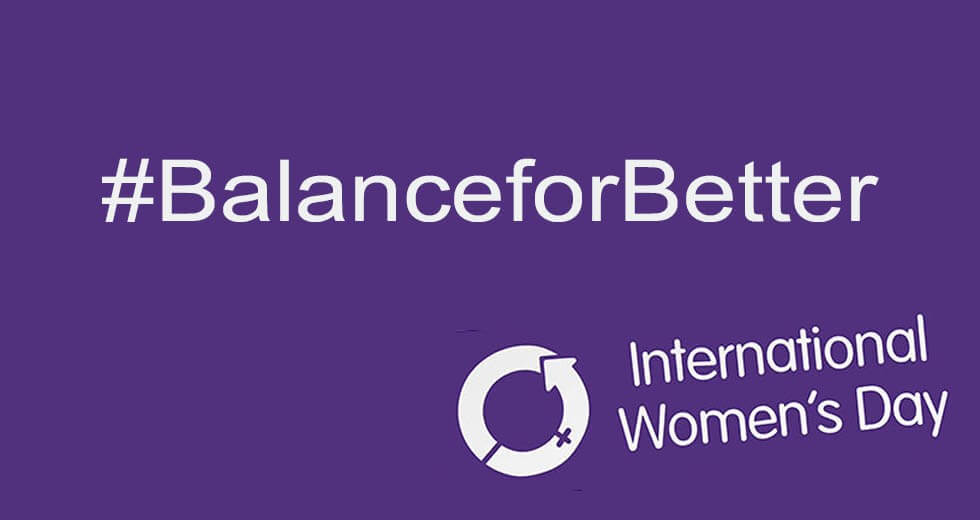


Today is International Women’s Day – a day of recognition first marked well over a century ago and officially adopted by the United Nations in 1975.
Gloria Steinem, feminist, journalist and activist once said ‘the story of women’s struggle for equality belongs to no single feminist nor to any one organisation but to the collective efforts of all who care about human rights.’ Our work at Mental Health First Aid England is underpinned by a strong commitment to human rights for all.
We recognise the impact of structural inequalities on women’s mental health and wellbeing. And we know that some groups such as women of colour, lesbian, bi and trans women and disabled women experience multiple oppression which can impact on their wellbeing and mental health in different ways.
It is against this backdrop of structural inequality that today - on International Women’s Day - I want to recognise and celebrate the contributions of women to the powerful work being done to challenge mental health stigma, to make mental health part of everyday conversations and to make all work places mentally healthy environments.
This year the theme for International Women’s Day is #BalanceforBetter. Balance is not a women’s issue. It is everyone’s issue: it is a business issue. ‘Gender balance’ is essential for individuals, communities and economies to thrive socially, economically and mentally.
In the UK there is some progress being made in the workplace. Increasingly more women hold senior positions in FTSE 100 companies, the public and social sector, and there are more women on Boards. But there is still a very long way to go. At MHFA England 4 out of 6 Executive positions and 2 out of 5 Non Executive positions are held by women.
Back in 2016, under Poppy Jaman's leadership, the organisation also celebrated being placed 9th on the Fortuna 50 - the index of the UK’s fastest growing women-led small businesses.
According to the Ernst Young 2016 senior civil service women leaders index, in the G20 women make up 50% of the public sector workforce, but represent only 25% of senior public sector leaders. Not a single G20 country has 50% of women in senior public sector leadership roles.
The Office for National Statistics shows that in 2017 the gender pay gap for full and part-time workers combined in the United Kingdom was 18.4%. This means women currently earn approximately 80% of men’s median hourly wages which clearly has to change.
Women still experience sexism and misogyny in the workplace, Black women, women of colour, lesbian, bi, trans and gender queer women face multiple oppression which can often lead to lack of development opportunities and career progression. All of which is unacceptable and has to change.
Despite this inequity, when it comes to mental health in the workplace women appear to feel more able to speak up and play a supportive role. In 2017, a Business in the Community report showed;
However, the same research also found that women are more likely to resign from their job as a result of mental health issues (11%) than men (7%) – highlighting a further inequality for women in the working world.
It is all of our jobs to do all we can to challenge the inequity that women experience in the workplace and wider society, as well as celebrate and amplify the outstanding contribution that women make to mental health and wellbeing in the workplace.
To the brilliant women in our MHFA England Community –Mental Health First Aiders, Instructors, National Trainers and the central team – a massive thank you for all you do day in day out to help create a society that truly values ALL women, and where there is truly equality for mental health.
We are all better for balance. Lots done. Lots still to do.